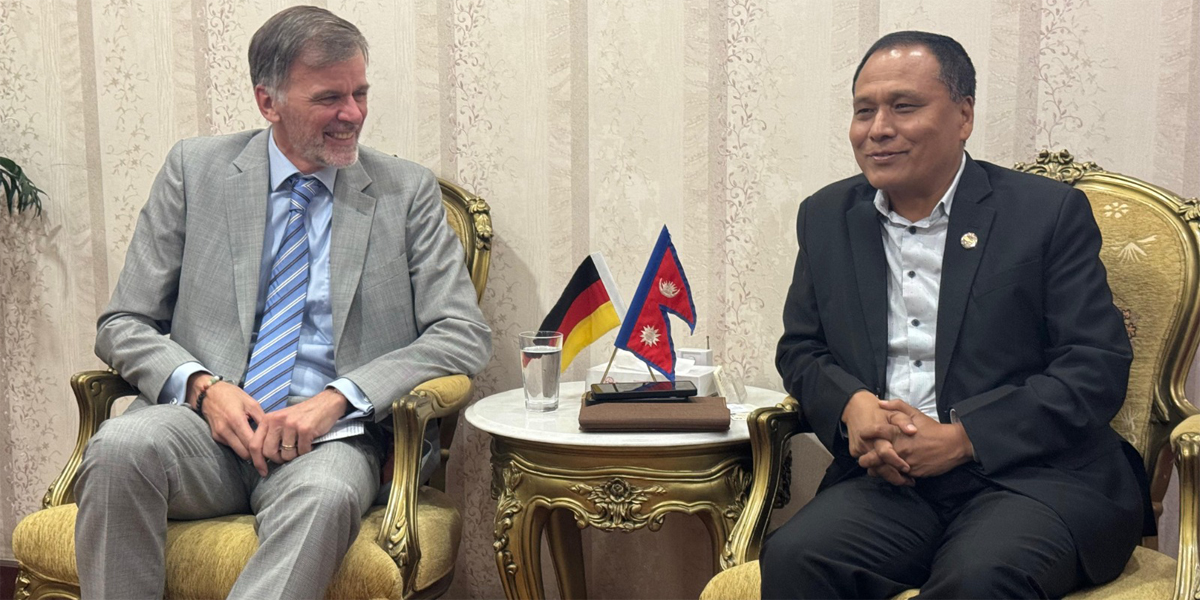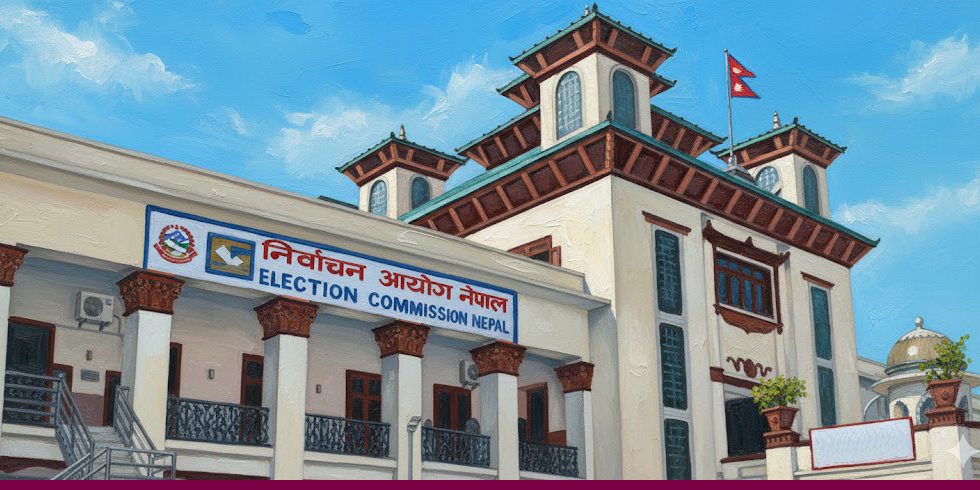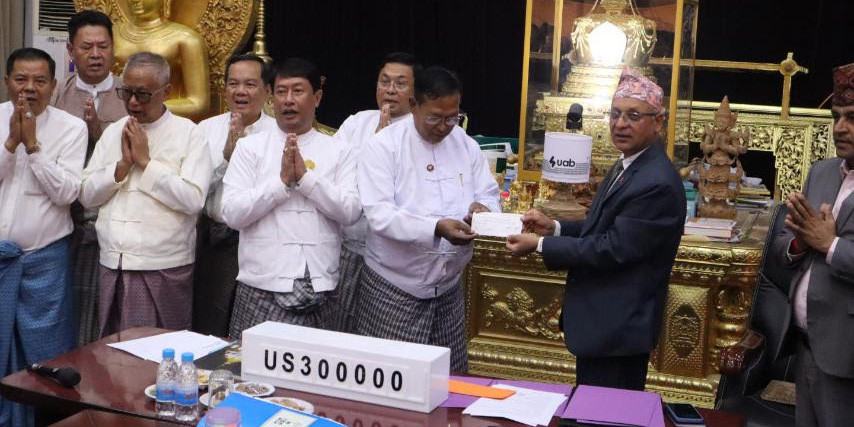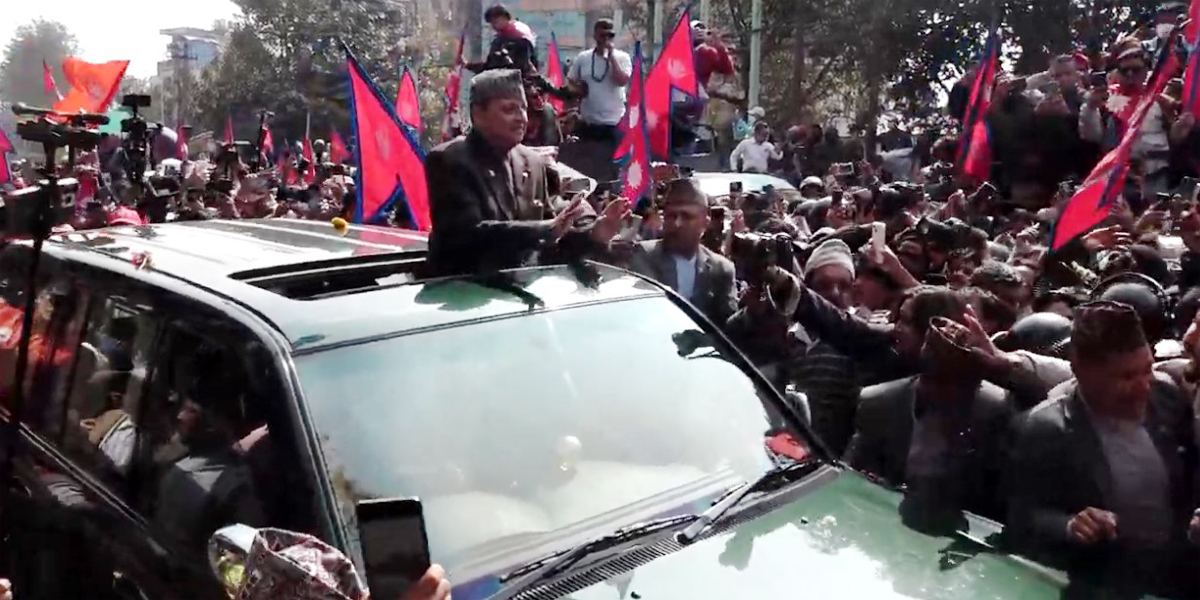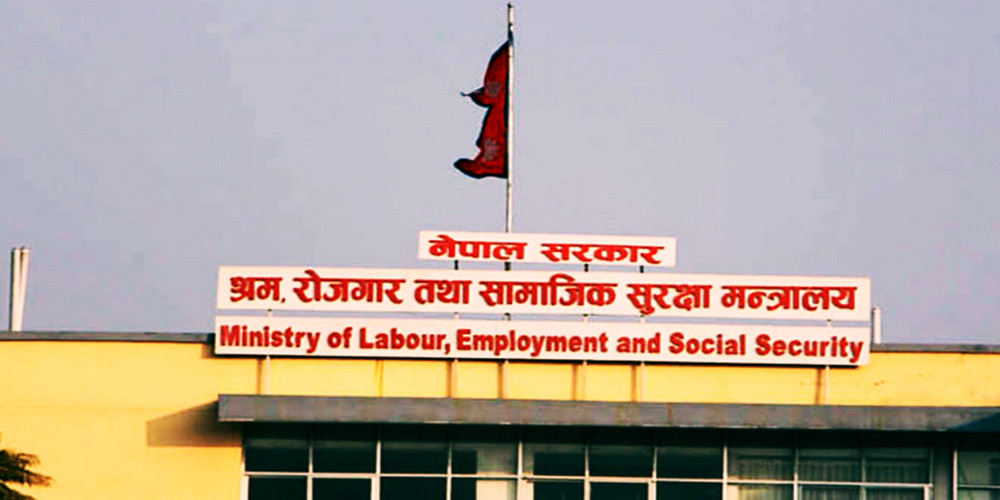
KATHMANDU: Although Nepal signed a labor agreement with Germany eight months ago, the government has not been able to send workers to the European nation.
Nepal and Germany signed Joint Declaration of Intent (JDOI) for strengthening bilateral relations and promoting fair and legal labor migration in October last year. Nepal should have started sending workers to Germany within three months of the signing of the agreement.
Officials of the Ministry of Labor, Employment and Social Security said a lack of skilled workers in Nepal’s labor market matching the specific demands of German employers caused the delay in the deployment of workers. Germany has specifically sought skilled workers with relevant educational backgrounds.
Currently, Nepal’s labor force lacks the particular skills and qualifications sought by German companies. Officials cite this mismatch as the primary hurdle in sending workers, especially in sectors like IT where most skilled Nepali professionals either go for foreign employment or for abroad study.
There is high demand in Germany for caregivers, nurses, auxiliary nurse midwives, agricultural technicians, steel industry technicians, livestock-trained junior technical assistants (JTAs), IT graduates and English-proficient security personnel. According to the ministry, Germany plans to recruit at least 3,000 Nepali workers across various sectors.
Govinda Rijal, the ministry’s spokesperson, acknowledges technical challenges in sending workers to developed nations even after signing labor agreements. “Developed countries typically seek skilled and experienced labor. It is difficult to send such workers immediately after signing the agreement,” Rijal said.
Rijal also cited a shortage of well-equipped training facilities in Nepal as a major obstacle in supplying the specific workforce demanded by employer companies “Discussions are ongoing with the German Embassy on this issue. We have proposed to send semi-skilled workers to begin with. The German side has responded positively to our proposal,” Rijal said. “Efforts are underway to send workers to Germany soon.”
Nepali ambassador to Germany Ram Kaji Khadka and Michael van der Cammen, Director of International Affairs at the German Federal Employment Agency, signed the JDoI on behalf of their respective governments on October 10.
Germany is not the only country where the government has been failing to send workers despite the signing of the labor agreement. Although Nepal signed a labor pact with the UK a year ago, it has not been able to send workers due to a lack of skilled workers. Likewise, deployment of workers to Japan is yet to begin even though it has already been five years since a Memorandum of Understanding for cooperation on sending Nepali workers to Japan under the government-to-government modality was signed.

 Himal Press
Himal Press 
